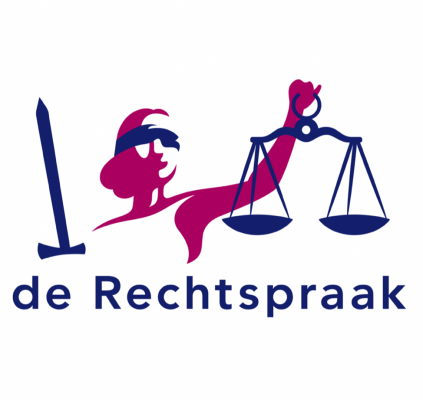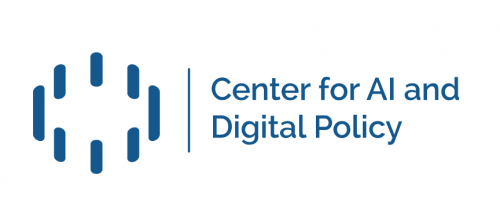At year-end, the international experts who comprise the team at the Center for AI for Digital Policy were asked to identify the key AI issues in 2021. Their assessment followed a comprehensive review of national AI policies and practices in 2020. Beginning with the most important, here are the top AI policy issues to follow in 2021:
(1) Legislation in the European Union that mandates algorithmic transparency
Algorithmic decision-making lies at the core of AI systems. But complexity and opacity have undermined accountability and fairness. Look to the European Union to enact legislation in 2021 to mandate algorithmic transparency as the first step toward AI accountability.
(2) (tied) Comprehensive US federal law on artificial intelligence
Thus far the US has built AI national policies on a mix of executive orders and agency guidelines, but there is still no comprehensive legislation. That may change in the year ahead with a greater focus on “Developing and using artificial intelligence in ways that are ethical, reduce bias, promote fairness, and protect privacy is essential for fostering a positive effect on society consistent with core United States values.”
(2) (tied) Enactment of a Transatlantic Agreement on AI.
In mid-December, President von der Leyen called for a Transatlantic Agreement on AI. “We want to set a blueprint for regional and global standards aligned with our values: Human rights, and pluralism, inclusion and the protection of privacy,” said the incoming President of the European Commission. An AI agreement between the EU and the US in 2021 could also lead to an International Accord on AI, as proposed by the Boston Global Forum
(4) Council of Europe Convention on Artificial Intelligence
The Council of Europe, led by the expert CAHAI panel, has been hard at work over the past year to develop legal standards for AI. Watch for further developments at the Council of Europe in 2021. A Convention on AI would be open for ratification by both Council members and non-members. The influential Council of Europe Privacy Convention is now in force in more than 50 countries.
(5) Legal judgement concerning AI decision-making.
The Schrems II judgement on data privacy was among the most significant legal decisions worldwide in 2020. But Schrems II concerned only the transfer of personal data across national borders. A judgement on the fairness of AI-based decision-making, grounded in Constitutional law, could be even more far-reaching,
(6) Recommendations of the Global Partnership for AI
Many of the OECD countries that established the AI Principles in 2019 also created the GPAI to carry forward the global work on AI policy. Recommendations from the GPAI In 2021 could frame further steps on global AI policy.
(7) Public protest to block AI deployment
2020 witnessed several uprisings against AI, from campaigns against faces surveillance in the US and Hong Kong, to protests against public service determinations in the Netherlands and exam grading in the UK. Anticipate more campaigns and more controversy as the public becomes more aware of the impact of AI on daily life.
(8) UNESCO resolution on Artificial Intelligence
In 2019 and 2020, the powerful nations of the OECD and the G20 took the lead on AI policy and established substantial frameworks to guide national governments. In 2021, look to UNESCO to move forward robust principles, including stewardship of the environment, peace, and gender-inclusion, to ensure artificial intelligence serves the common good across the globe.
For a detailed review of AI policy in 2020, read the report Artificial Intelligence and Democracy: The AI Social Contract Index 2020. And for ongoing news about AI policy consult the CAIDP Update.
Marc Rotenberg, Director
Center for AI and Digital Policy at Michael Dukakis Institute
The Center for AI and Digital Policy, founded in 2020, advises governments on technology policy











